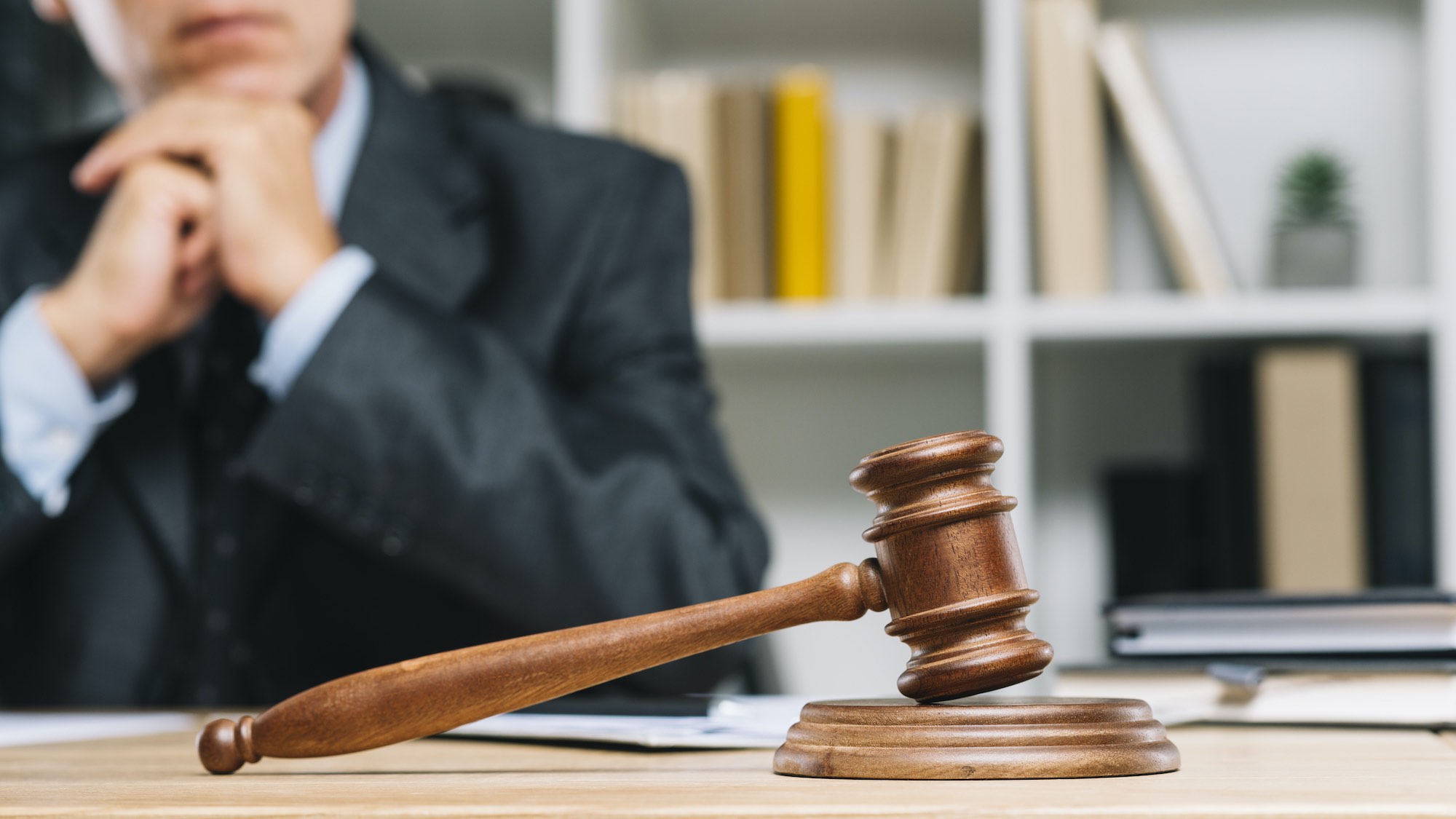Being charged with a crime can be frightening, but you must realize you have legal rights and options. One of these choices is making an effort to have your charges dropped before your court date.
There are methods and steps you may take to improve your chances of getting your charges dropped. However, it’s not always simple.
In this blog, we’ll look at several practical approaches to participating in this process and possibly avoiding the anxiety and unpredictability of a court trial.
How to Get Charges Dropped?
Specialized criminal defense lawyers have been using this process for years to have less severe charges, like traffic violations, dropped along with more serious ones, including murder and sexual assault.
It’s crucial to remember that there are slightly different procedures to get domestic violence charges dismissed or an AVO withdrawn.
Consult with a Qualified Lawyer:
Consultation with an experienced criminal defense lawyer is one of the most critical steps in obtaining the dismissal of charges. They can evaluate your case, point out any holes in the prosecution’s case-in-point, and offer you qualified legal counsel.
A lawyer can explain your legal options to you, help you navigate the court system, and create a solid defense plan suited to your situation.
Look into the Evidence:
Your attorney will extensively investigate the evidence against you. This includes reviewing any physical proof, statements from witnesses, and police reports. Your counsel can contest the prosecution’s case and ask for the charges withdrawn if there are irregularities or mistakes in the evidence.
Consult the Prosecutor about a Deal:
It could be possible to bargain with the prosecution to get your charges withdrawn or reduced. This frequently entails presenting proof of your innocence or proving the accusations are unfounded. Your lawyer can bargain on your behalf and make a strong case for why the charges shouldn’t go to trial.
Look into Alternate Options:
Depending on your charges and circumstances, You can qualify for alternate settlements, including diversion programs, community service, or probation.
These choices can sometimes be made in exchange for the charges being dropped or downgraded to a lesser offense. Your attorney can promote these alternatives if they are relevant to your example.
Encourage Witness Cooperation:
Your lawyer might try to get the cooperation of witnesses who can testify in your favor. Evidence from witnesses that proves your innocence or casts doubt on the prosecution’s evidence may be crucial in obtaining the dismissal of the charges.
Challenge Constitutional Violations:
If the arrest or investigation procedure violated your rights, your lawyer may submit requests to suppress illegally obtained evidence. Any evidence found inadmissible could undermine the prosecution’s case and raise the possibility that the charges will be withdrawn.
Provide Proof of your Recovery:
Sometimes, charges might be withdrawn or lessened when there is proof of recovery or regret. This could entail participating in therapy sessions, finishing counseling or rehabilitation programs, or taking other proactive measures to address the underlying problems behind the charges.
Conclusion:
While getting charges reduced before your court date is not always possible, it is possible with the correct legal counsel and plan. Investigating the facts, talking with the prosecutor, and considering potential remedies are all crucial defense strategies.








